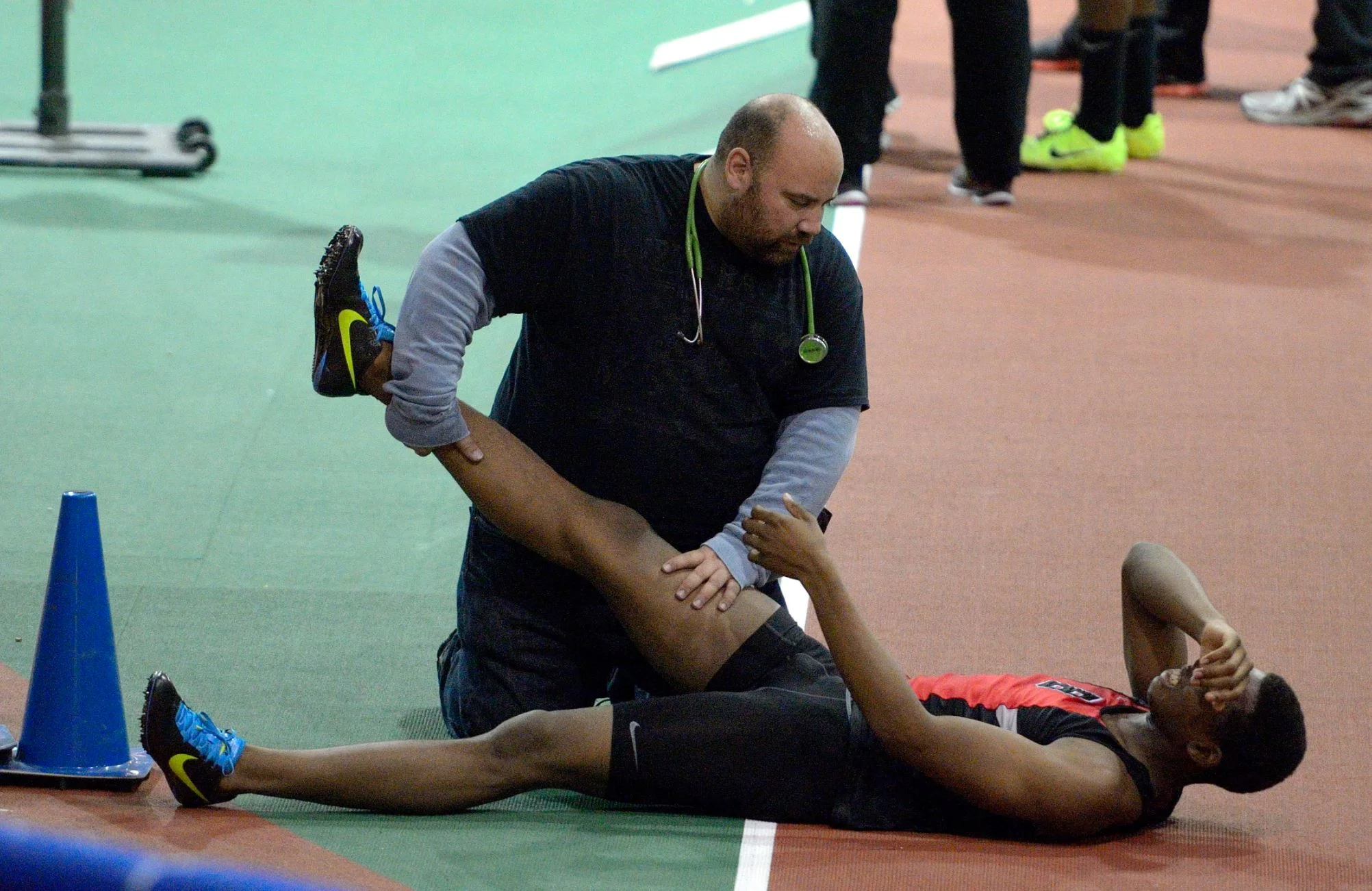We all know we should exercise regularly, but it can be difficult to fit exercise into our busy schedules. Most people can only exercise before or after work, so it’s worth examining whether the time of day we exercise affects outcomes such as weight loss and sleep.
Overeating? It may be a brain glitch
How the lowly mushroom is becoming a nutritional star
The way you see colour depends on what language you speak
Research Check: is it true pasta doesn’t make you gain weight, and could even help you lose it?
Health check: why do we get muscle cramps?
‘Junk DNA’ isn’t so useless after all
The evolutionary advantage of having eyebrows
How brain stimulation can boost memory if paired with learning
In 47 CE, Scribonius Largus, court physician to the Roman emperor Claudius, described in his Compositiones a method for treating chronic migraines: place torpedo fish on the scalps of patients to ease their pain with electric shocks. Largus was on the right path; our brains are comprised of electrical signals that influence how brain cells communicate with each other and in turn affect cognitive processes such as memory, emotion and attention.
It’s not my fault, my brain implant made me do it
Mr. B loves Johnny Cash, except when he doesn’t. Mr. X has watched his doctors morph into Italian chefs right before his eyes. The link between the two? Both Mr. B and Mr. X received deep brain stimulation (DBS), a procedure involving an implant that sends electric impulses to specific targets in the brain to alter neural activity. While brain implants aim to treat neural dysfunction, cases like these demonstrate that they may influence an individual’s perception of the world and behavior in undesired ways.
Our dreams have many purposes, changing across the lifespan
Although radically different in terms of their content and feel, the range of dream states are just as complex as waking states. If we look across an individual’s lifetime, we find that children’s dreams are very different from adults’ dreams. Children tend to dream of emotional interactions with family members, friends and scary animals, while adults dream of other adults. Dreams of young adults are filled with social interactions between the dreamer and current friends and significant others. Men’s dreams differ substantially from women’s dreams, with women dreaming equally often of men and women, and men dreaming more often about other men. Older adults tend to dream more about creative works, legacies and enduring concerns, while the dreams of dying people are filled with numbers of supernatural agents, other-worldly settings and images of reunions with a loved one who has died. Dreams that transport the child into the social world of his caretakers during early life gently escort the dreamer into the arms of his loved ones when life is nearing an end. Dreams accompany us literally from the cradle to the grave.
Why are we so sleep deprived, and why does it matter?
If sugar is so bad for us, why is the sugar in fruit OK?
Here’s whose germs can infect you on a plane
A new study assesses rates and routes of possible infectious disease transmission during flights.An infectious passenger with influenza or other droplet-transmitted respiratory infection will most likely not transmit infection to passengers seated farther away than two seats laterally and one row in front or back on an aircraft, the new research indicates.
When we lose weight, where does it go?
Four ways alcohol is bad for your health
In Australia, almost 6,000 deaths a year can be attributed to alcohol, as well as around 400 hospitalisations a day. While drinking has declined in some segments of the population, with related stabilising of rates of death and illness, these numbers are far too high. Similar reports are emerging in other countries.
The surprising benefits of being a pessimist
How many times have you been told that something great will happen as long as you believe it is possible? From pop psychology books to self-improvement seminars and blogs, there’s a lot of hype surrounding the advantages of positive thinking. And there’s certainly some evidence behind it – a large body of work suggests that being optimistic reaps a number of positive rewards, including better health and wellbeing.
A little alcohol may keep brains ‘clean’
What is your real ‘biological age’, and what does this mean for your health
Age-based risk calculators that work out your “real biological age” are increasingly popular. We hear about body age on health shows like How to Stay Young; gyms promote reductions in metabolic age and fitness age; games and apps claim to lower your brain age; and researchers have developed specific organ measures like heart age, lung age and bone age.











